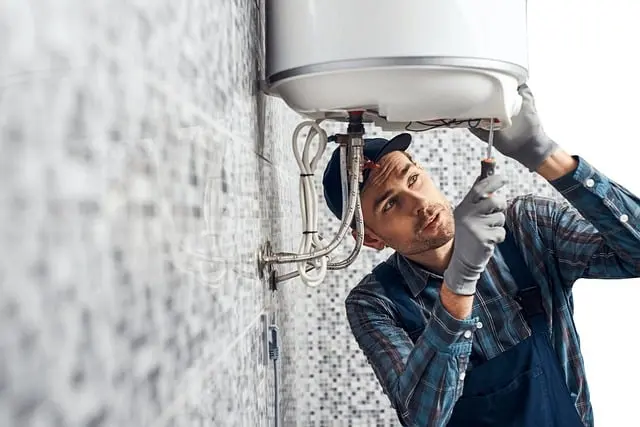The Average Hourly Rates for Plumbers in the United States
When hiring a plumber in the United States, homeowners and businesses often find themselves paying a variety of fees depending on numerous factors. As of 2023, the average hourly rate for a plumber ranges from $45 to $200. This substantial range is influenced by several critical factors, which we'll explore in this article. Understanding these variables can help you budget more effectively and avoid unexpected expenses.
Geographic Location
One of the most significant factors affecting the hourly rates for plumbers is geographic location. In metropolitan areas with a high cost of living, such as New York City, San Francisco, or Los Angeles, plumbers tend to charge more than those operating in rural or less densely populated areas. In these major cities, the average hourly rate could easily reach between $100 to $200 due to increased demand and higher operational costs.
Conversely, in regions where the cost of living is lower, such as the Midwest or Southern states, the rates can be on the lower end of the spectrum, often hovering between $45 to $90 per hour. Therefore, understanding local economic conditions can provide valuable insight into expected plumbing costs.
Experience and Expertise
The level of experience and specialization of a plumber significantly affects their hourly charges. A journeyman plumber, who typically has several years of experience, generally charges less than a master plumber. Master plumbers, who have undergone extensive training and have years of experience, can command higher rates, usually ranging from $80 to $200 per hour.
Additionally, plumbers with specialized skills, such as those adept at dealing with complex system installations or sophisticated repairs, will also charge more than those offering general plumbing services.
Type of Service
The specific type of plumbing service required greatly affects the hourly rate. Simple tasks such as unclogging a drain, fixing a leaking faucet, or installing a new toilet typically incur lower costs, ranging from $45 to $100 per hour. More complicated services, like sewer line repairs, water heater installations, or plumbing system inspections, can be significantly more expensive, often falling between $100 to $200 per hour.
Emergency services that require immediate attention, particularly outside regular business hours, will almost always come at a premium. Emergency plumbers may charge anywhere from $150 to $300 per hour, and sometimes even more, depending on the severity and timing of the issue.
Supply and Demand
The principle of supply and demand invariably impacts service costs, plumbing included. In areas where there's a shortage of qualified plumbers, rates will naturally be higher due to increased demand. Seasonal fluctuations can also affect pricing; for instance, plumbing issues often spike in winter months due to frozen pipes, leading to higher demand and, subsequently, higher rates.
Licensing and Insurance
Plumbers who are fully licensed and insured typically charge higher rates, reflecting their credibility and the protection they offer clients. Licensing ensures that the plumber has met all requisite qualifications and adheres to local codes, while insurance protects both the plumber and the client in case of accidents or damages.
While it might be tempting to hire an unlicensed or uninsured plumber at a lower rate, it’s a risky move that can result in subpar work or potential legal issues. The peace of mind and quality assurance that comes with hiring a licensed and insured professional are often worth the additional cost.
Overhead Costs
The operational costs of running a plumbing business also contribute to the hourly rates. Factors like transportation, fuel, equipment, and administrative expenses are often calculated into the rates quoted. Larger companies with more sizable overheads will generally have to charge more compared to smaller, independent plumbers who may have fewer operating expenses.
Material Costs
The cost of materials required for a job can also influence the overall cost. For example, high-quality pipes, fixtures, or specialty tools will add to the total expenses. Often, the plumber will provide an estimate that includes both labor and materials. It’s essential to discuss and clarify these costs upfront to avoid surprises on the final bill.
Conclusion
Understanding the typical hourly charges for plumbers in the USA and the various factors that influence these rates can make a significant difference when budgeting for plumbing services. Geographic location, experience levels, the complexity of the task, supply and demand, licensing, and operational costs all play a critical role in determining what you'll end up paying.
Always aim to get multiple quotes and verify the credentials of the plumber you're considering to ensure you receive quality service at a fair price. Transparency in discussing these details can go a long way in preventing unexpected costs and ensuring a satisfactory plumbing experience.

